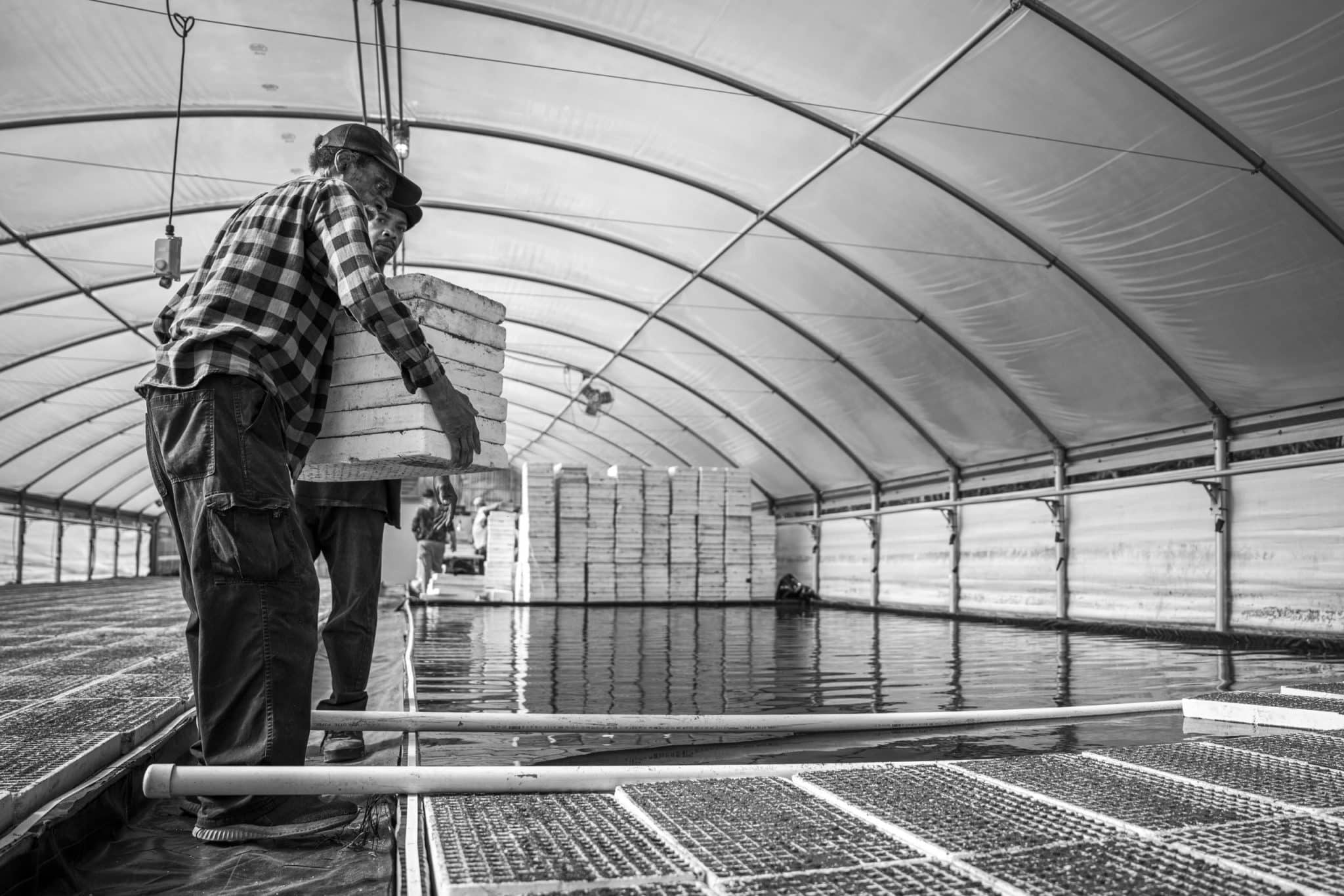Fog-Powered Salad Gardens: Indoor Farming with Zero Water Waste
Indoor farming is becoming increasingly popular as people look for ways to reduce their carbon footprint and have access to fresh produce year-round. One innovative method of indoor farming that is gaining attention is Fog-Powered Salad Gardens. This method of farming utilizes fog to create a sustainable and zero water waste solution for growing salads. In this article, we will explore the concept of Fog-Powered Salad Gardens and its impact on the environment and the food industry.
The Concept of Fog-Powered Salad Gardens
Fog-Powered Salad Gardens, also known as fog farming, is a method of indoor farming that utilizes fog as a source of water for growing plants. This concept was first introduced by researchers at the Massachusetts Institute of Technology (MIT) in 2018. They discovered that coastal fog, which is a common occurrence in many parts of the world, can be captured and turned into freshwater for irrigation purposes. This discovery sparked a new idea for indoor farming and gave birth to the concept of Fog-Powered Salad Gardens.
How Does it Work?
The process of fog farming begins by capturing fog on large nets or meshes placed in areas with high levels of coastal fog. The fog contains tiny droplets of water, which get caught on the nets and eventually drip into collection channels. The collected water is then stored in tanks and used for irrigation in indoor farms, providing a constant and reliable water source for plants to grow.
At the same time, the fog also acts as a natural cooling system for the plants, creating an ideal environment for growing salads. The plants are protected from harsh weather conditions, excessive sunlight, and pests, resulting in high-quality produce. This method also eliminates the need for pesticides, making the salads healthier and safer for consumption.
The Benefits of Fog-Powered Salad Gardens
Sustainable Solution for Water Scarcity
One of the significant advantages of Fog-Powered Salad Gardens is its ability to address the water scarcity issue. The collection of fog water is a sustainable method of obtaining freshwater, and it does not put a strain on existing water resources. As the world population continues to grow, and water scarcity becomes a growing concern, fog farming presents a viable solution for sustainable water management.
Zero Water Waste
The traditional farming methods consume vast amounts of water, and a significant portion of it is lost through evaporation or runoff. On the other hand, Fog-Powered Salad Gardens require minimal water usage, and there is no water waste. The fog provides a consistent and efficient source of water for the plants, preventing any loss due to evaporation or runoff.
Reduced Carbon Footprint
Indoor farming, in general, has a lower carbon footprint compared to traditional farming methods. However, with Fog-Powered Salad Gardens, the carbon footprint is significantly reduced due to the minimal use of water and elimination of pesticides. Additionally, fog farming also reduces the need for transportation, as the produce can be grown locally, saving on emissions from transportation.
The Future of Indoor Farming
Fog-Powered Salad Gardens have the potential to revolutionize the indoor farming industry. It provides a sustainable and zero water waste solution for growing crops, making it an attractive option for many farmers. With the world facing challenges such as water scarcity and climate change, fog farming presents an innovative and practical solution to address these issues.
In conclusion, Fog-Powered Salad Gardens not only offers a sustainable and eco-friendly method of farming but also provides high-quality, locally grown produce. It is a promising future for the indoor farming industry, and with further research and development, the potential for fog farming is endless.










